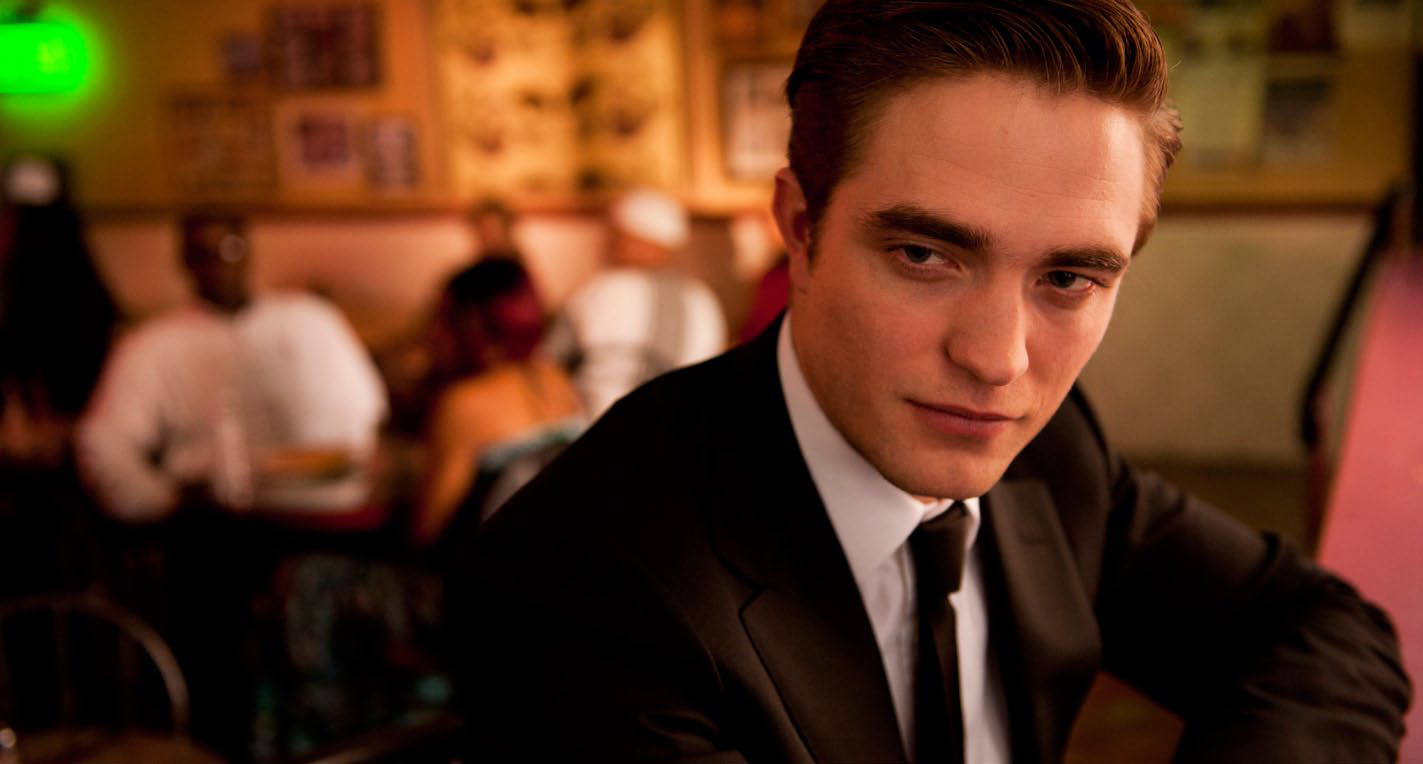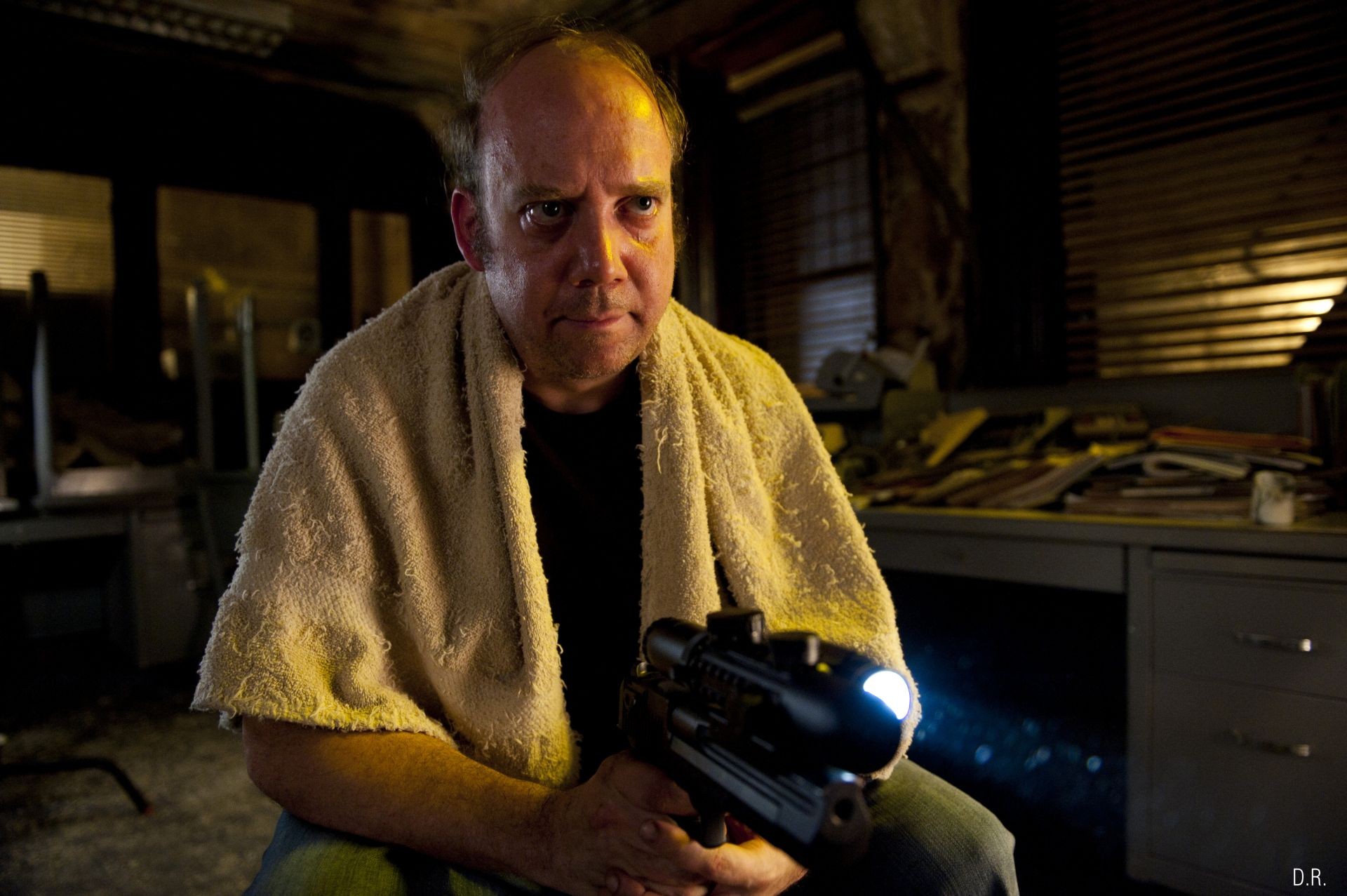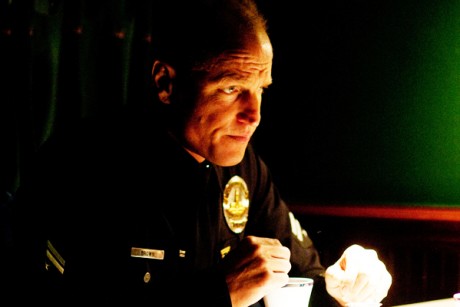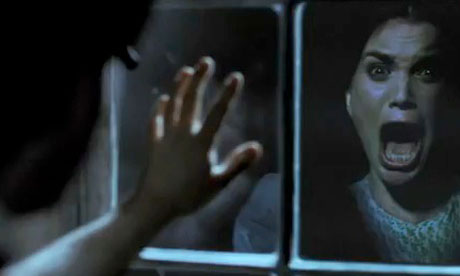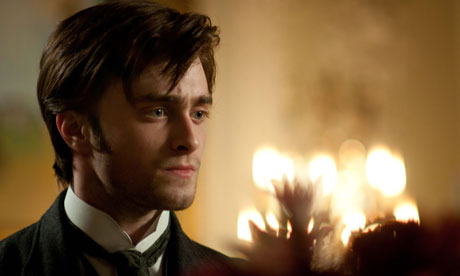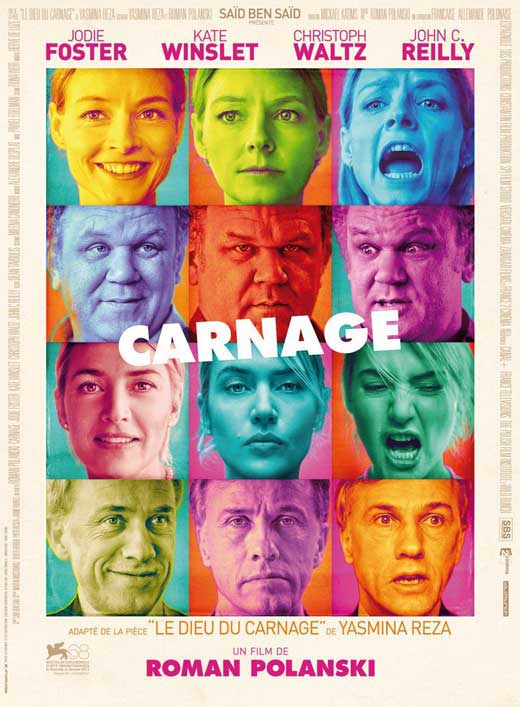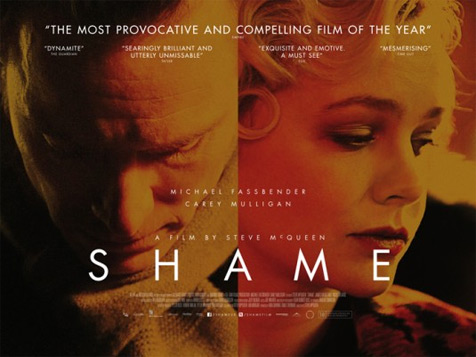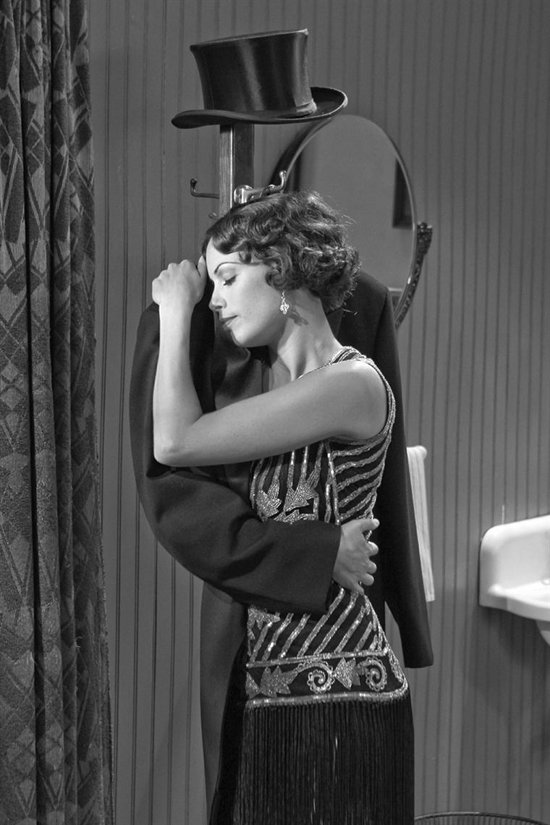After all the hype that’s been surrounding Stieg Larsson’s Millenium trilogy, spawning a Swedish film adaptation of all 3
books and an American adaptation of the first instalment (with two others on
the way I presume), I figured I might as well check it out and see what all the
hype was about and sat down to David Fincher’s rendition of The Girl
With The Dragon Tattoo. What I found was a
very competent and largely enjoyable thriller, greatly crafted in almost every
aspect except for one - Lisbeth Salander (played by Rooney Mara).
This isn’t a review; you pretty much know how I feel about
the film from the last paragraph. But what I want to talk about is not only why
Lisbeth lets down the film, but also how her portrayal can be seen as worrying
considering that she is the biggest draw of the story and has been the main
selling point for many people that have invested in the series. Also, I would
like to point out that I have not read the books, so please call me on something
if it’s wrong, but the point I am looking to make in all likelihood stem from
the source material on which the film was based.

The problem is the presentation of Lisbeth as some sort of
feminist role model. She’s a rebellious, bisexual and independent woman; free
to do whatever she wants and is a freelance hacker who gathers personal
information for an anonymous company. Sounds like quite the strong female
character. Yet this really couldn’t be further from the truth, in a character
arc that seems to jump forward in logic and motivation before finally placing
her in a position in which she is briefly emotionally saved from herself by
Mikael Blomkvist (played by Daniel Craig) before being let down and ending on
the generic male perspective of feminists - that they believe “all men are
bastards”.
So to begin at the start of the film, she has a narrative
that is completely separate from Mikael’s and they don’t actually meet for a
good thirty minutes. This narrative takes us down a very dark route; her legal
guardian - the man responsible for providing her with a decent living allowance
(in which I assume is a Swedish government funded system) - has had a stroke
and as a result becomes mentally incapacitated. This basically means that she
now has no money and is referred onto another guardian, who turns out to be a
rapist and wants sex in return for the money he is supposed to provide her.
The first time this happens, it’s oral, and is more of a
psychological than physical affair. Lisbeth reluctantly submits to what is
happening to her in order to get the money and in effect, is relying on
satisfying a man in order to get money. The second time she plans to secretly
record the events, thinking she was just going to be doing the same thing
again. However, things get a lot nastier and more physical than the previous
time. Eventually, she goes back for a third time, but she’s back for revenge
and sets him up a treat in one of the best retorts for such an atrocity (I
won’t spoil it too much for those of you that haven’t seen it).
So she comes out a champion and she has been set up as a
tough individual, with smarts and a twisted imagination and eventually turns
the rapist’s mind games back around in order to get the money she wants. So far
so good, she’s a strong woman in the end - supposedly.
But then in swoops Mikael with this case that he needs her
help with. She is interested and takes it on, helping him out and eventually
getting rather intimate with him, seemingly coming from nowhere. She lets her
emotional barriers down and grows to like him. They fuck a few times (again,
any motivation for this seems to come from out of the blue) and by the time the
case is solved, she’s saved him from being tied up and the usual thriller lark
- she’s the real action hero of the piece. But then comes the coda, where
Mikael sets off with Lisbeth’s help to address the reason he has been
disgraced, which is seen at the start of the film (a narrative that takes place
alongside Lisbeth’s until they meet).
In this part, we see Lisbeth go above and beyond to ensure
that everything is OK for Mikael in the end, and she even buys him a gift and
goes to meet him all doe eyed and one might push to say ‘loved up’ to an
extent…OK not ‘loved up’ but she’s definitely happier than before she met him.
BUT she sees him with another woman - a married woman he was involved with at
the start of the film. She dumps his present and rides her motorcycle off into
the night and we are left with an empty frame, suggesting her isolation and
loneliness.
This final 15 minutes or so of the film has completely
undone her entire character set up as feminist anti-hero because in the end,
everything she’s done was for a man and it seems to be the only emotional
solace that she is able to find. The image of a strong woman is broken down by
her own romantic ambitions and it’s only in her rejection that she gets angry
and becomes herself again. What it boils down to is this: if a woman is
independent, she can’t have a man, and without a man, she will remain unhappy.
So they have to choose one or the other.

The worrying thing about this is that as people are praising
Lisbeth as this feminist role model for standing up for yourself - which for
the large part she is - they aren’t realising that her character is in fact a
pseudo feminist role model. One who has the traits of the powerful and strong
woman but at the cost of her own happiness, destined forever to be a loner. So
despite having some original flair to it, The Girl With The Dragon Tattoo is at it’s core, has the same representation of women as every other male
centric crime thriller ever written.
This is just something to think about as you watch the film
though. Please don’t let it hamper your enjoyment of it because it is a great
film that’s worth the time it takes to watch it, and in all likelihood I will
probably watch parts 2 and 3 of the trilogy - providing it has the same calibre
team that was behind this part.

